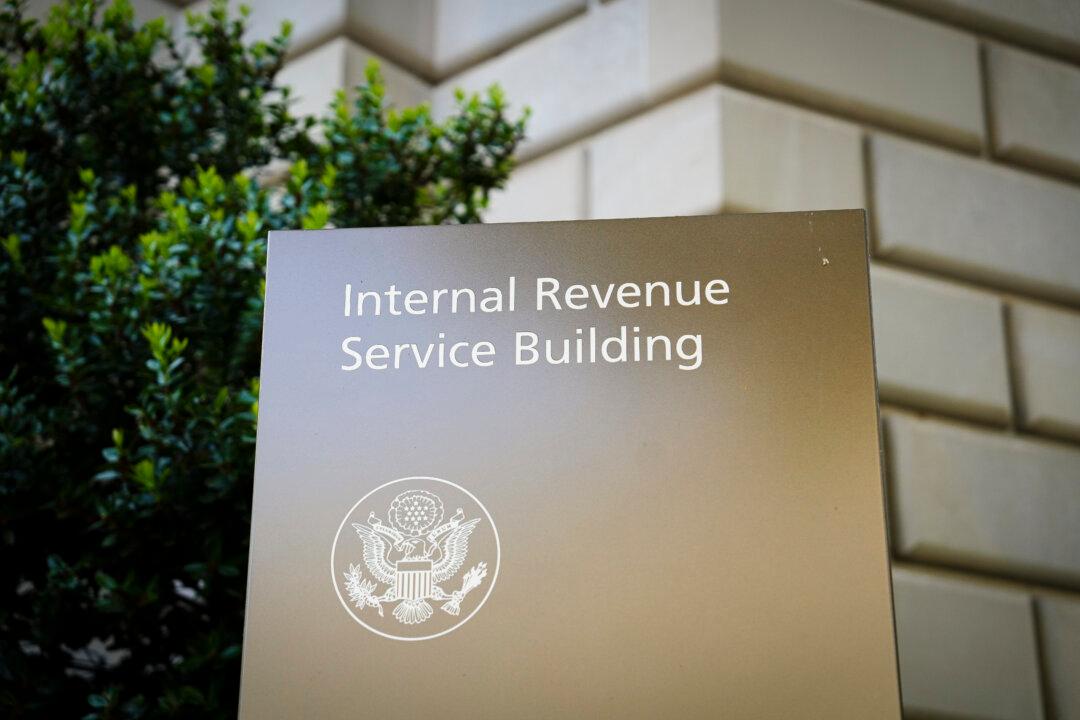The Internal Revenue Service (IRS) has announced a tax relief package for individuals and businesses in Georgia that are grappling with the aftermath of Hurricane Idalia, while U.S. health authorities declared a public health emergency in the state.
Taxpayers residing or operating businesses in 28 of Georgia’s 159 counties will now have until Feb. 15, 2024, to file various federal individual and business tax returns, and make tax payments, the IRS said in a statement.





